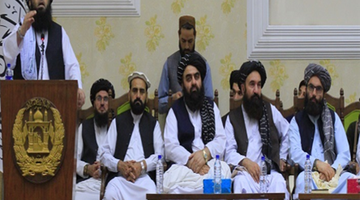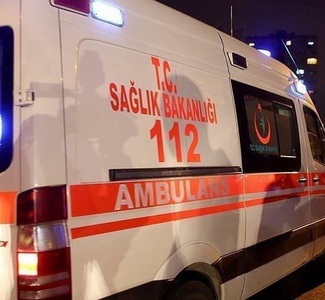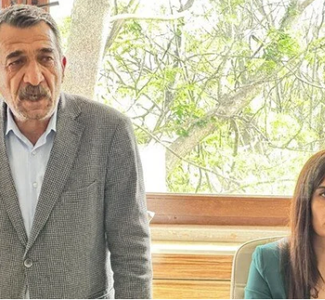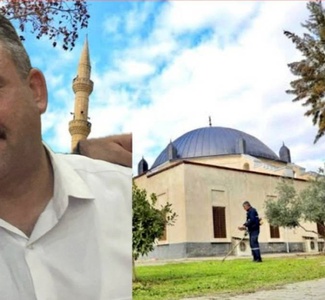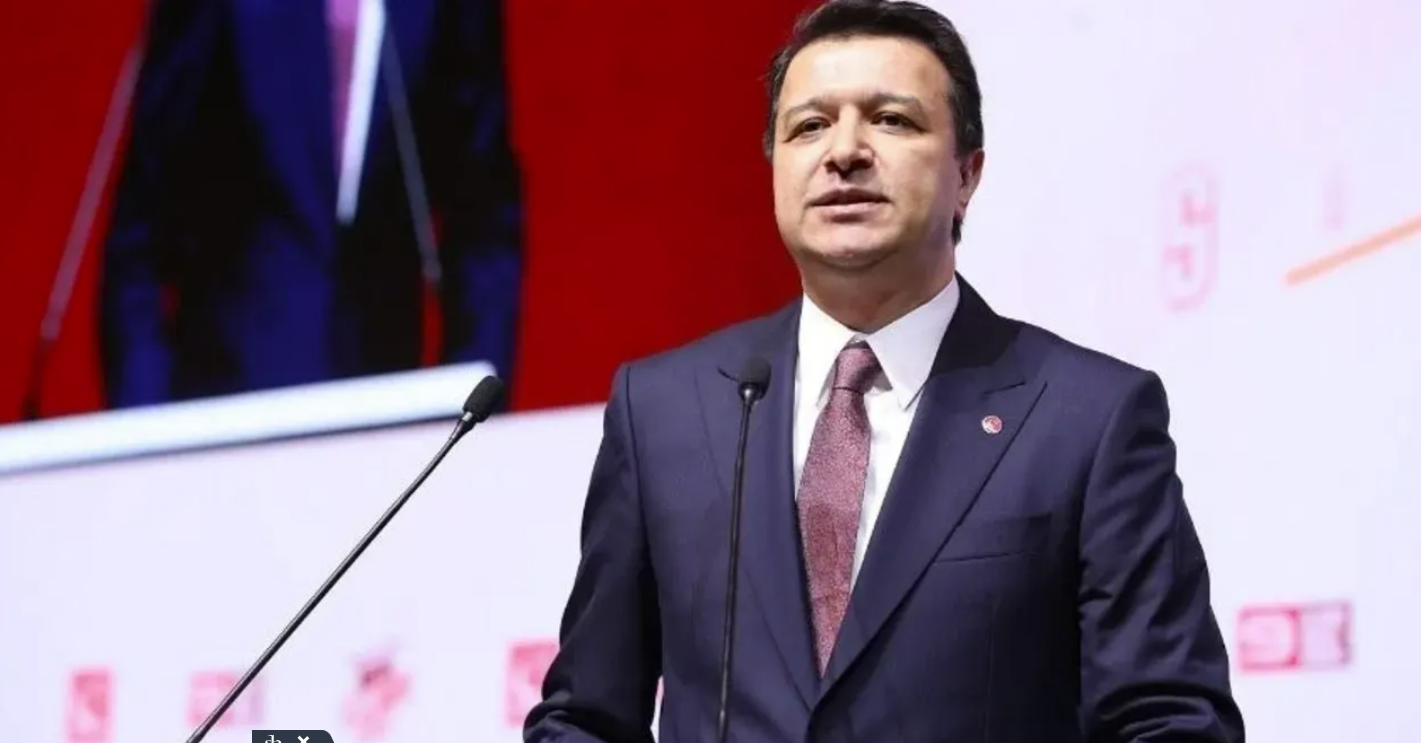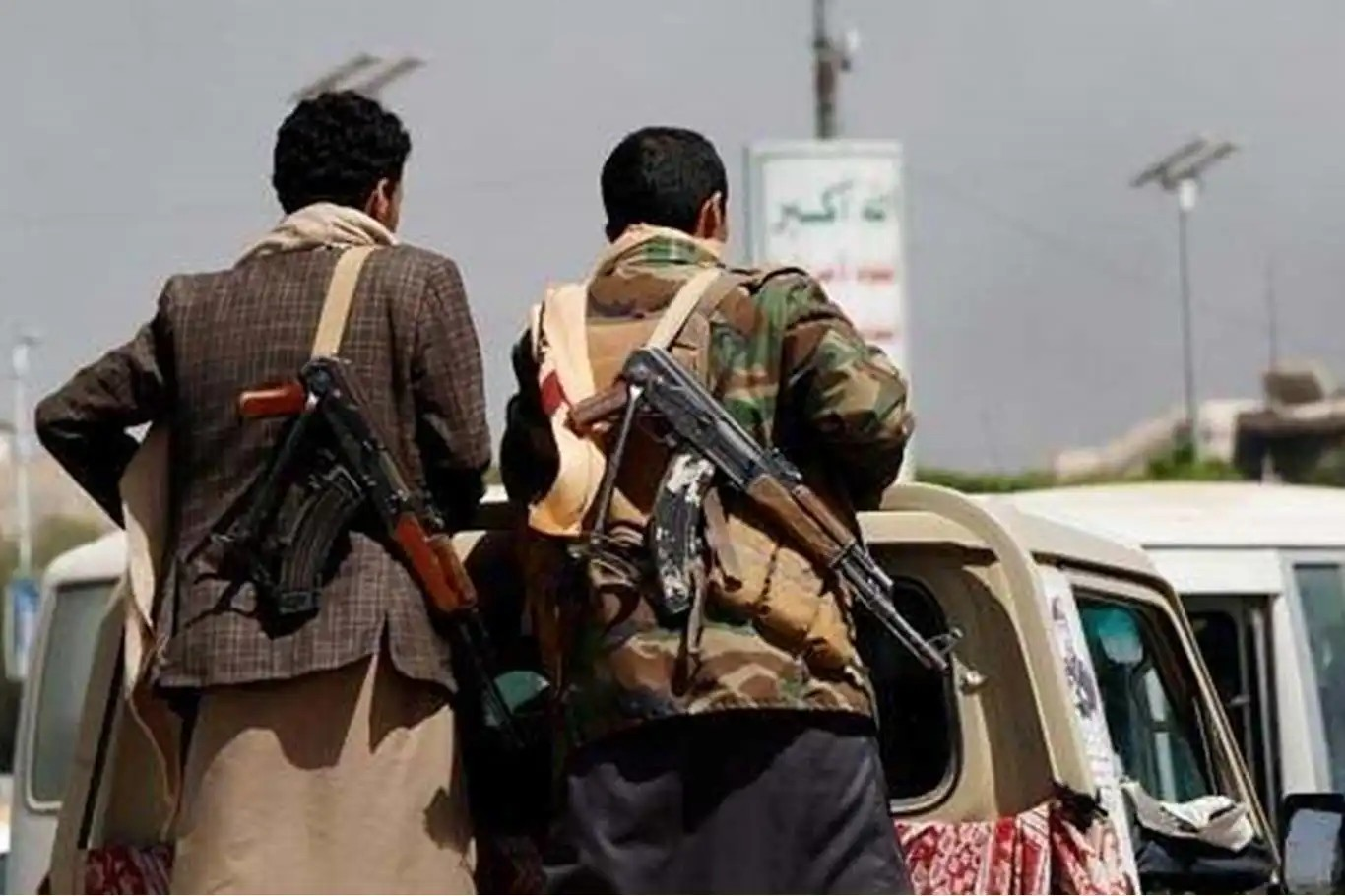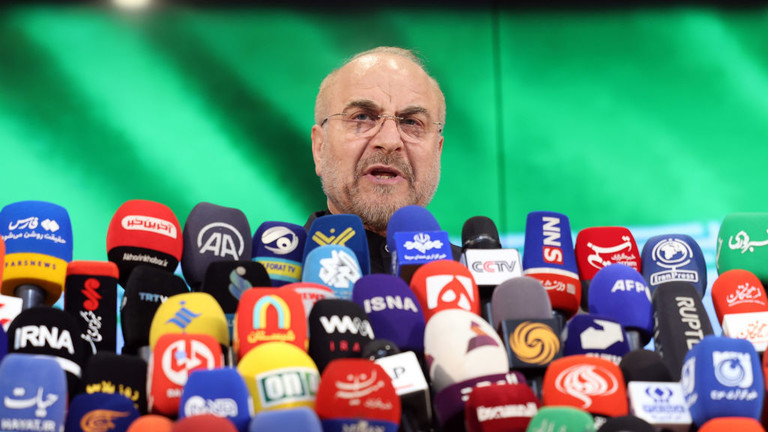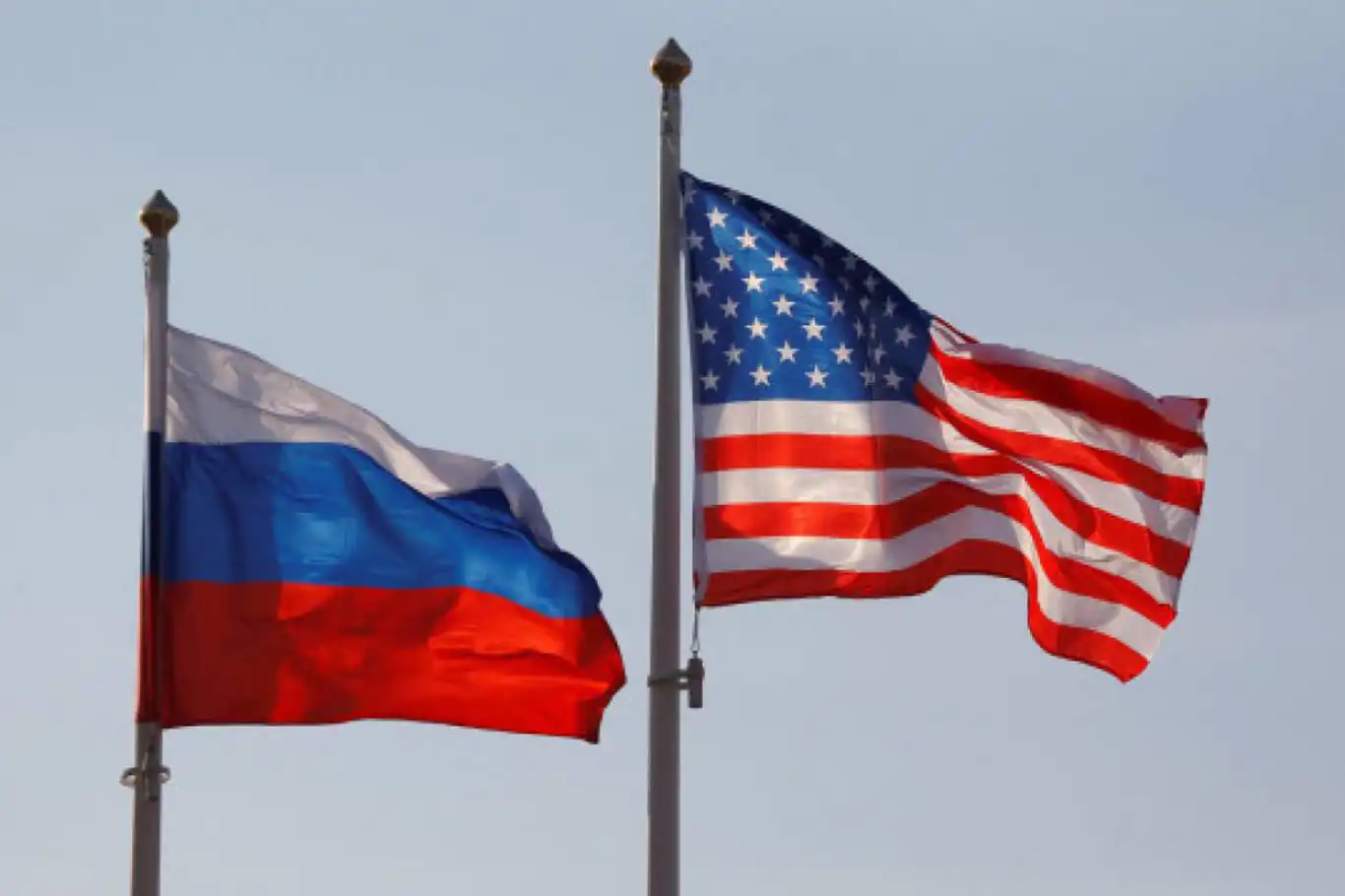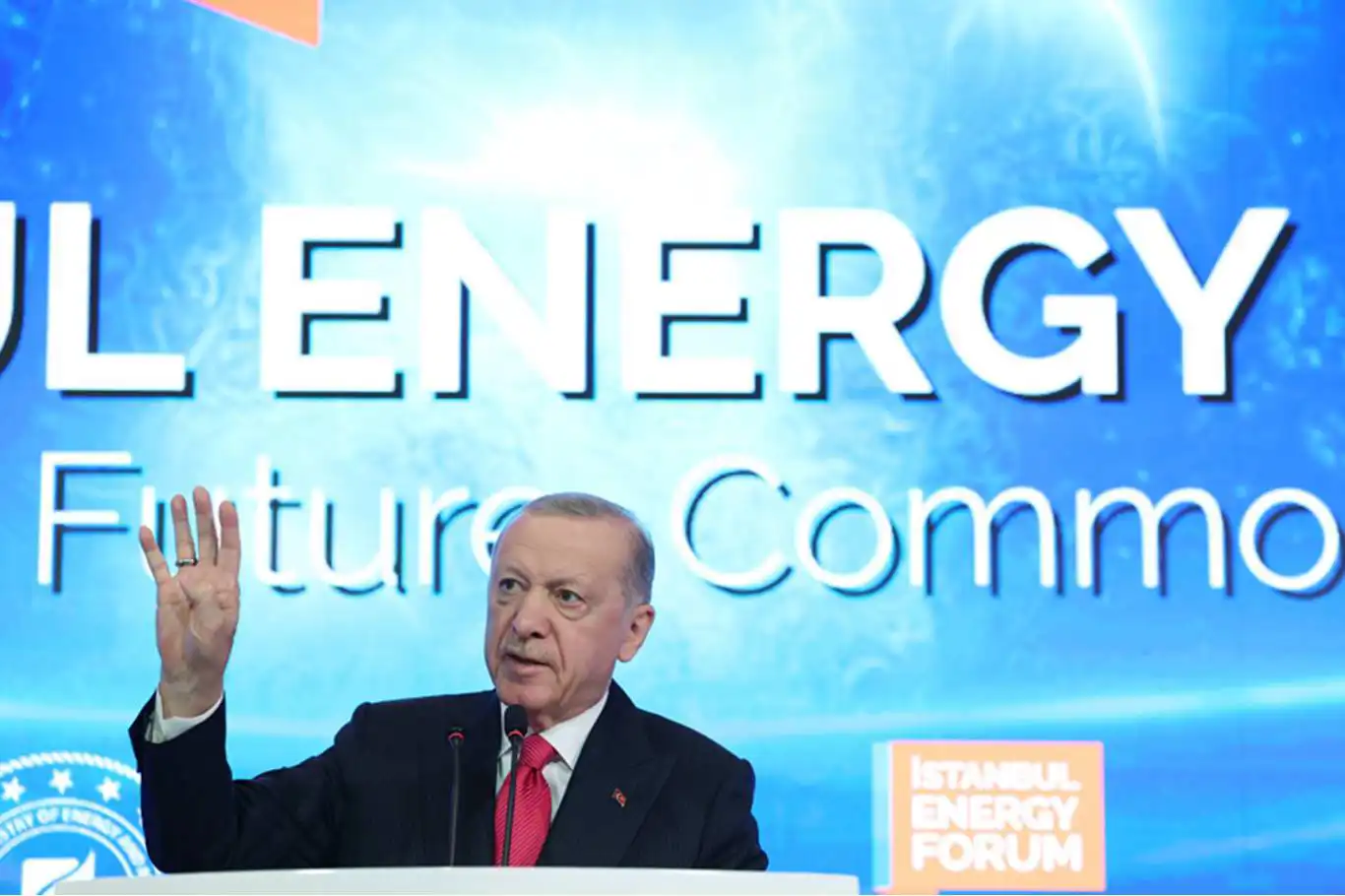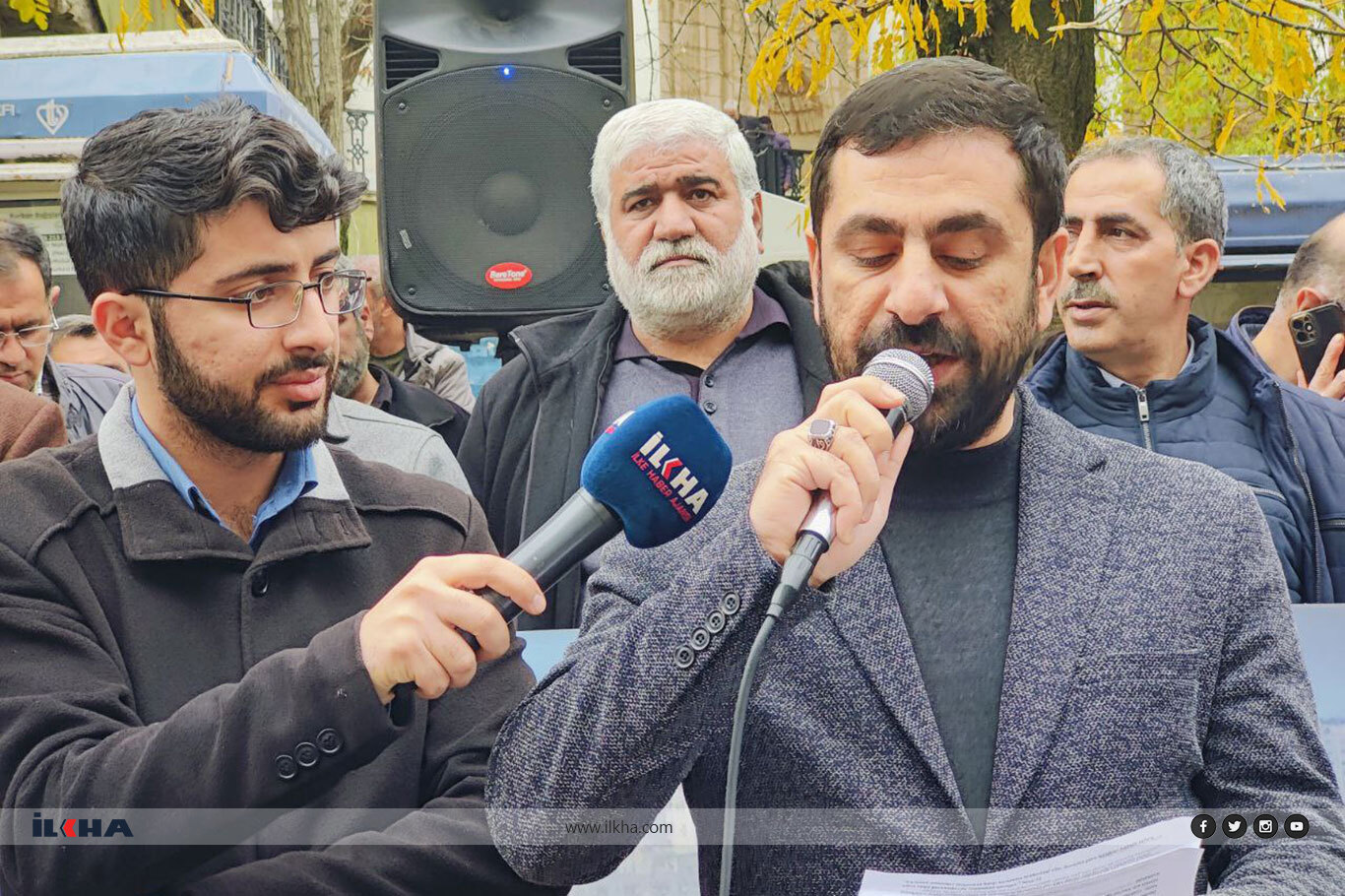Erdogan congratulates AK Party on 22nd anniversary, emphasizes commitment to future elections
In a special video address commemorating the 22nd anniversary of the establishment of Türkiye's largest political party, President Recep Tayyip Erdogan extended his felicitations and highlighted the party's recent achievements.

 Google News'te Doğruhaber'e abone olun.
Google News'te Doğruhaber'e abone olun. Notably, he praised the party's resounding success in the parliamentary and presidential elections held in May, considering it a triumph over those who attempted to undermine the national will.
Erdogan expressed his belief that the recent election outcome would hold a significant place in Türkiye's political history, as it once again upheld the supremacy of the national will. He called upon members of the AK Party to redouble their efforts and dedication in anticipation of the upcoming 2024 local elections, which are slated for March.
Throughout its 21-year tenure in power, the AK Party, as emphasized by Erdogan, has tirelessly generated initiatives and services aimed at enriching every corner of Türkiye. This, he noted, has played a pivotal role in the party's consistent success in various electoral contests.
"As we commemorate our 22nd anniversary with the pride of our recent victory in the elections held between May 14 and 28, we aspire to usher in our 23rd year with the exultation of triumph in the elections scheduled for March 31, 2024," President Erdogan underscored.
Erdogan's message conveys both celebration for the AK Party's enduring journey and a resolute determination to continue achieving electoral success through unwavering dedication and service to the nation.
The Justice and Development Party (Adalet ve Kalkınma Partisi), commonly known as the AK Party, is a conservative and center-right political party in Türkiye. It was founded on August 14, 2001, by a group of politicians led by Recep Tayyip Erdogan and Abdullah Gül. The party's main ideologies are based on conservative democracy, economic liberalism, and Islamic values.
The AK Party emerged from a series of political changes and realignments in Türkiye during the early 2000s. It was established by politicians who were previously members of other parties, including the Virtue Party (Fazilet Partisi), which had been banned by the Constitutional Court due to its Islamic tendencies.
The AK Party's initial platform focused on addressing corruption, improving governance, and boosting economic growth. It emphasized a moderate and inclusive form of Islamism and aimed to promote political and economic reforms.
The party gained widespread popularity and won a landslide victory in the general elections of 2002, securing a majority in the Turkish Grand National Assembly. Recep Tayyip Erdogan became the Prime Minister, and his government initiated a series of reforms that aimed to modernize and liberalize various aspects of Turkish society.
The AK Party government implemented pro-business and market-oriented economic policies, leading to significant economic growth during its early years in power. It aimed to attract foreign investment, increase trade, and improve infrastructure.
The party has promoted policies that align with conservative and Islamic values, such as loosening restrictions on the wearing of headscarves in public institutions.
The AK Party government pursued a more active foreign policy in the Middle East and sought to improve Türkiye's relations with its neighbors. However, the party's foreign policy approach has also been met with challenges and criticisms, particularly in the context of conflicts in Syria and Iraq.
During its tenure, the AK Party sought to make constitutional and institutional changes, including reforms aimed at enhancing civil rights and freedoms. However, some of these changes were met with controversy and concerns about the concentration of power.
The party continued to secure victories in subsequent general elections, solidifying its position as a dominant political force in Türkiye. Erdogan served as Prime Minister until 2014, when he was elected as Türkiye's first directly elected President.
The AK Party remains a central player in Turkish politics and continues to navigate complex challenges both domestically and internationally, and its role in shaping Türkiye's political future remains significant. (ILKHA)




























